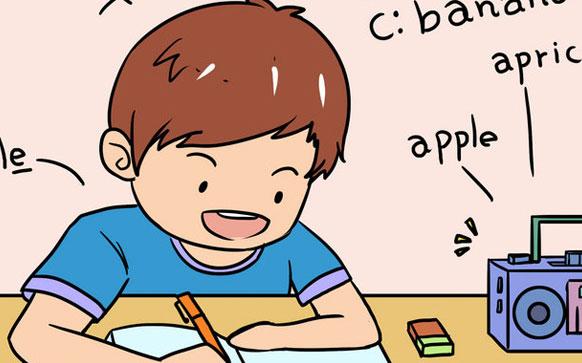In the realm of language, discoveries represent a significant milestone in our ability to express ourselves and comprehend others. From ancient texts to modern-day discourses, the process of understanding and using languages has been an ever-evolving journey that has brought about countless breakthroughs in communication and knowledge sharing. This essay delves into the concept of "discovered," exploring its meaning, origins, and the impact it has had on human civilization.

"Discovered" is a term that signifies the act of finding something previously unknown or unnoticed. It can be attributed to various contexts such as scientific research, historical exploration, and personal discovery. The significance of "discovered" lies in its power to transform our worldview by providing us with fresh insights into the world around us.
One of the most significant examples of "discovery" is the invention of printing technology. In the late 15th century, Johannes Gutenberg used movable type to create the first printed book, which revolutionized the way people consumed information. This innovation allowed for the mass distribution of knowledge, leading to unprecedented levels of literacy and education.
Another example is the discovery of penicillin. Scientist Alexander Fleming accidentally discovered this antibiotic while studying molds, which later led to the development of antibiotics that have saved millions of lives. This discovery not only revolutionized medicine but also paved the way for other breakthroughs such as vaccines and chemotherapy treatments.
The field of psychology also owes its existence to significant "discoveries." Sigmund Freud's psychoanalytic theory, for instance, provided a framework for understanding human behavior and emotional responses. Similarly, Albert Schweitzer's work on mental health and social services transformed how we perceive mental illness and its treatment.
In the world of science, the discovery of electricity by Michael Faraday and James Watt was instrumental in transforming industry and daily life. The development of electric motors revolutionized transportation, and electrical lighting made nighttime easier to manage.
In the realm of literature, the concept of "discovered" is closely tied to the idea of "undiscovered" territory. Many authors strive to uncover new perspectives or perspectives that are often overlooked, resulting in works that challenge traditional norms and offer fresh interpretations of familiar subjects.
Furthermore, discoveries in fields such as genetics and neuroscience are changing our understanding of the human body and mind. These advancements are leading to new treatments for diseases and therapies that enhance cognitive function and emotional well-being.
In conclusion, the concept of "discovered" embodies the essence of innovation and progress. It represents our relentless pursuit of knowledge and our ability to expand our horizons through exploration and experimentation. As we continue to make discoveries in every field imaginable, we are building a better future for ourselves and the generations to come.
文章大纲
1.Introduction: Exploring the concept of "discovered" and its significance in human history.
2.Science Discoveries: Discussing key discoveries in various fields like medicine and science.
3.Psychology Discoveries: Examining significant contributions to psychology and mental health.
4.Psychology Concepts: Highlighting the role of "undiscovered" territory in literature and the arts.
5.Future Prospects: Anticipating the continued growth and impact of discoveries across various disciplines.

This essay delves into the concept of "discovered," exploring its meaning, impact, and future implications. By understanding the journey of discovery, individuals can appreciate the power of knowledge and the endless possibilities that lie ahead in this constantly evolving world.
详细阐述
1.Introduction: - Briefly define "discovered" and its significance in the context of language. - Provide examples of significant discoveries in history, science, and culture.
2.Science Discoveries: - Discuss the invention of printing technology, which led to the widespread dissemination of knowledge. - Analyze the role of antibiotics and the impact of their discovery on healthcare. - Discuss how psychological theories such as psychoanalysis and psychotherapy have transformed our understanding of human behavior and emotion.
3.Psychology Concepts: - Examine how the concept of "undiscovered" plays out in literature, particularly in relation to themes of exploration and adventure. - Explore how discoveries in fields like biology and neuroscience contribute to our understanding of the human experience.
4.Future Prospects: - Discuss how technological advancements will continue to shape our understanding of the world around us. - Analyze the potential impact of artificial intelligence, biotechnology, and other emerging technologies on future scientific discoveries. - Discuss the ethical considerations surrounding these discoveries and the importance of responsible stewardship of knowledge. 推荐阅读》
未经允许不得转载:» discovered用英语怎么读(Discovered in English is /dɪˈstəʊld/.)

 家长点评网
家长点评网











